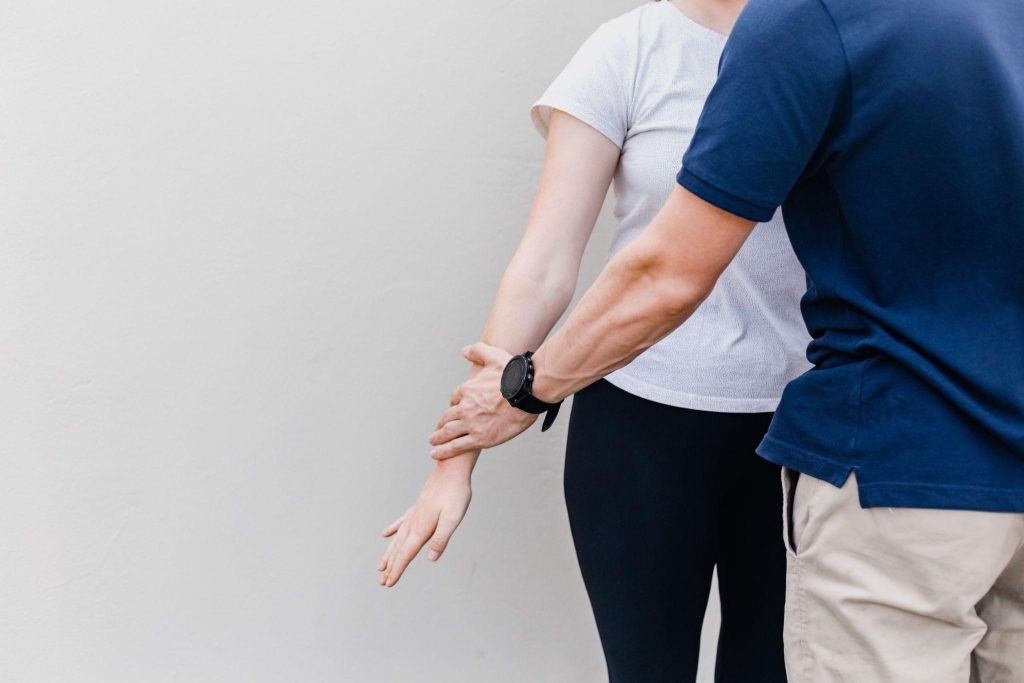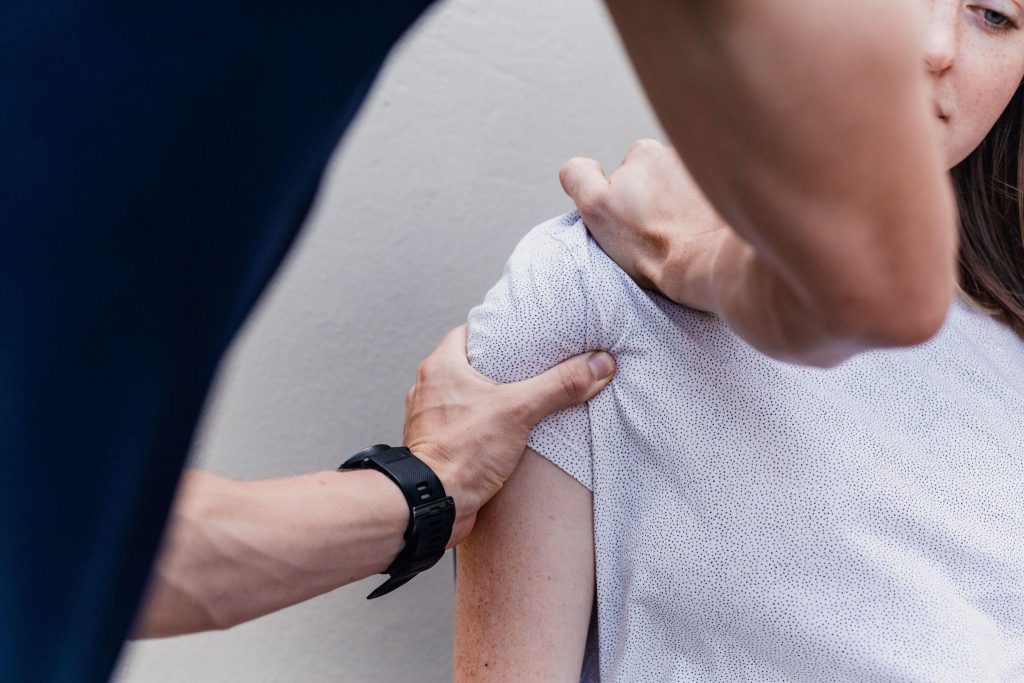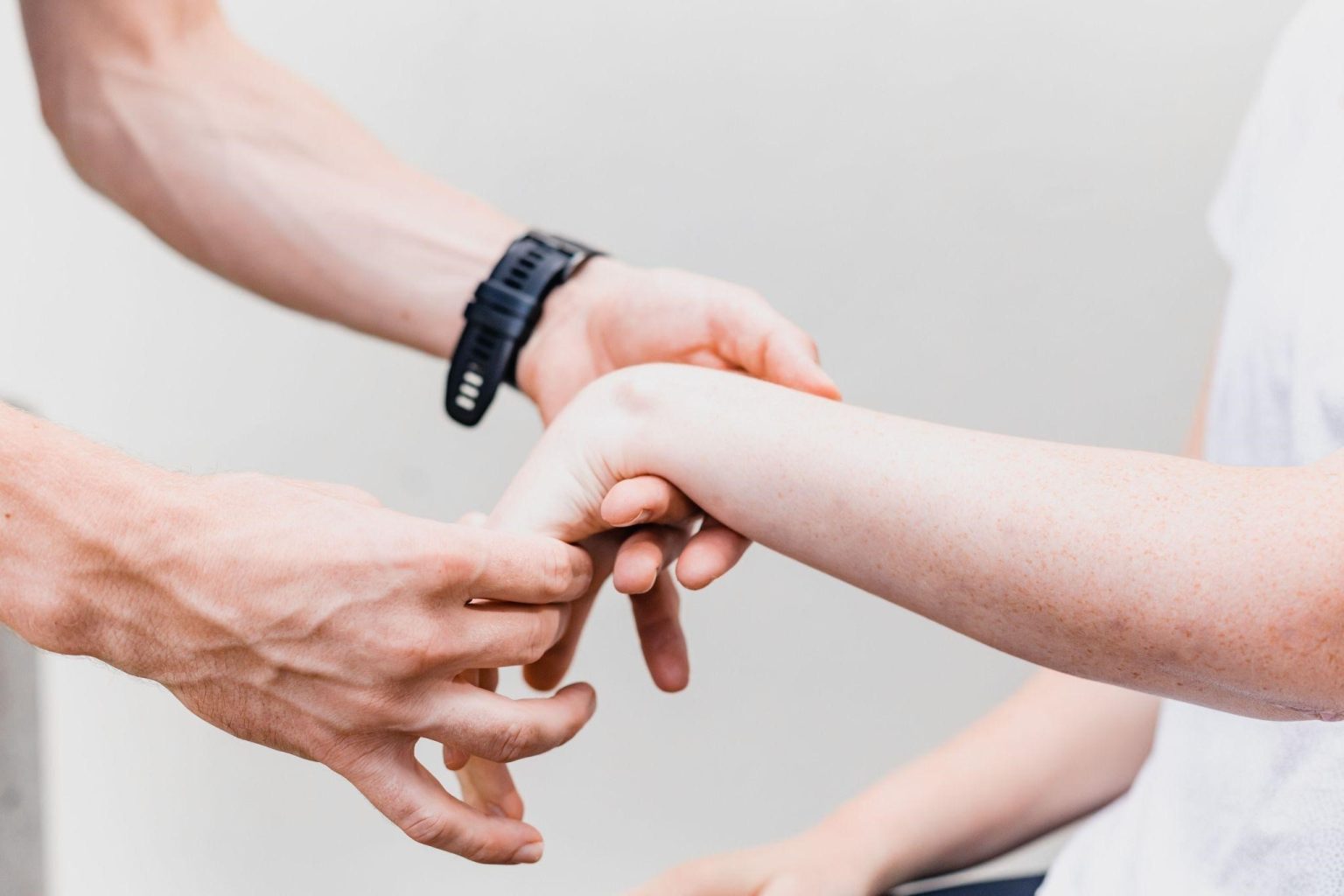Neurological rehabilitation entails various therapies designed to increase daily living skills of those recovering from neurological conditions, such as physiotherapy, occupational therapy and speech therapy.
Physiotherapy is an invaluable form of treatment for neurological injuries or diseases such as concussion, stroke, dementia and Parkinson’s. A professional can also assess and recommend mobility devices like wheelchairs.
Physical Therapy
Neurological physical therapy can help strengthen and function individuals so they are better able to live independently with less assistance from others. It may be recommended if someone has experienced a stroke, TBI, degenerative nerve disease or cancer. You can visit this site to learn more about degenerative nerve disease.
Physical therapists can also provide pain management assistance and provide advice about adaptive equipment to assist independent living at home.

Occupational Therapy
Occupational therapy (OT) helps adults regain the daily functions they require for independent living, such as eating, bathing and dressing independently; navigating your home; getting to work; etc.
The top occupational therapy (OT) practitioners excel in neurological rehabilitation. They keep informed on current research findings, which they incorporate into their clinical practices, and have an in-depth knowledge of how the brain and nervous system works.
A team of specialists includes physiotherapists, speech-language pathologists and rehabilitation psychologists.
Physiotherapists specialize in managing mobility challenges like range of motion, balance and pain; they may suggest equipment like wheelchairs or walkers as well as assistive communication methods. You can click the link: https://www.livescience.com/how-to-increase-your-range-of-motion for more information about increasing your range of motion.
Rehabilitation psychologists offer emotional and social support while helping their clients cope with new circumstances or adapt to degenerative diseases like multiple sclerosis or Parkinson’s disease – something especially valuable when treating such conditions as multiple sclerosis or Parkinson’s disease.

Speech Therapy
Speech-language pathologists (SLPs), also known as speech therapists or language therapists (LT), provide help for individuals of all ages with disorders that affect communication such as articulation disorders involving problems pronouncing certain sounds correctly; fluency disorders like stuttering; cognitive-communication disorders; as well as swallowing and voice issues.
Music therapy — which uses music-led activities to foster language and social engagement for patients who struggle with expressive or receptive communication — may also be available. You can learn more about this by clicking the link.
Transcranial direct current stimulation (tDCS) is an innovative brain stimulation technology that may improve responsiveness to physical, occupational and speech therapies. This home-based program involves wearing electrodes on your scalp which deliver electrical stimulation directly into specific regions of the brain which target movement and communication.

Neuropsychology
Clinical neuropsychology is a field of psychology that investigates the relationship between behavior and brain structure and function, and symptomatology.
As part of neurological rehabilitation, it aims to help patients adjust to changes in their daily lives more easily while increasing independence levels as far as possible.
Neuropsychological rehabilitation begins with an evaluation from a psychologist, who will administer tests to measure cognitive abilities such as attention, memory, emotional functioning and visuospatial ability.
Furthermore, these assessments can evaluate psychological aspects related to mood and personal relationships such as depression or anxiety.
Rehabilitation goals focus on restoring your ability to work or attend school, engage in meaningful activities and enjoy family relationships. Qualified neuropsychologists will offer strategies for dealing with memory loss and emotional distress; additionally they can assist in creating coping skills to ensure these changes don’t impact your quality of life.
To begin your neuropsychological evaluation, your care team will gather a complete medical history, discuss any concerns and learn which medications you are currently taking.
Once this data has been compiled, standardized tests may be administered. It is advisable to bring a friend or family member for support during this process. While some tests may prove more challenging than others, what matters is trying your best and collecting accurate information that will then be used to design an individualized therapy program just for you.
Social Work
Neurological rehabilitation is a holistic approach that assists patients in recovering and increasing functionality with their environment. It combines medical treatment, education and training into one program. Facilities like Abilities Neurological Rehabilitation can offer these treatments to patients. They bring together experts to work as an effective team.
Neurorehabilitation programs may involve many specialists including: physiatrist or rehabilitation medicine specialist; neurologist; neurosurgeon and other medical practitioners, speech therapists; occupational therapists, respiratory therapists, prothetists/orthotists/rehab nurses / psychologists.
Neurological rehabilitation programs aim to assist daily activities, provide counseling on adapting to changes in identity and life circumstances, as well as equipping individuals with tools needed for self-management of care – this may involve physical or cognitive therapy as well as adaptive technology or home modifications.
Adaptive Technology
Assistive technology refers to equipment and systems designed to aid those living with disabilities lead more independent lives. Examples of assistive technologies range from devices that aid writing and communicating to systems which allow control over your home environment.
Over recent years, numerous technological approaches have been developed and tested to support neurorehabilitation for neurological populations (NP). You can click the link: https://news.un.org/ to learn more about the prevalence of these disorders. This includes robotic therapy, non-invasive brain stimulation (NIBS), and neural interfaces.
Neurorehabilitation relies on neuroplasticity, the principle that your brain has the capacity to adapt and change after experiencing injury or illness. Changes may include structural and functional modifications driven primarily by learning; such modifications facilitate recovery after injuries as well as help restore lost functions.
Working with professionals can help assist you in your recovery process. They offer many different areas of expertise in order to address any and all of your health concerns.

